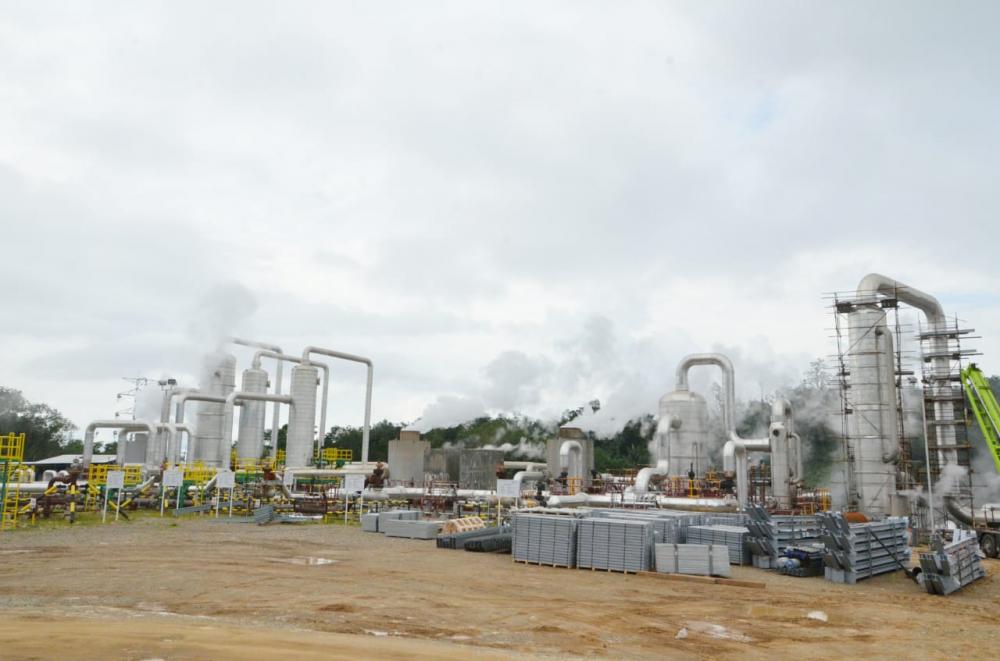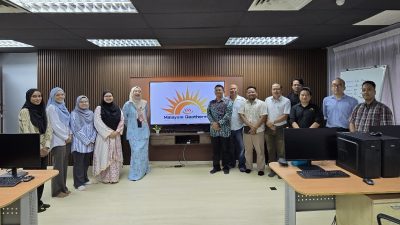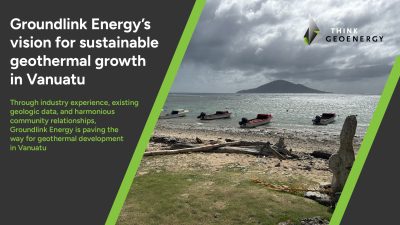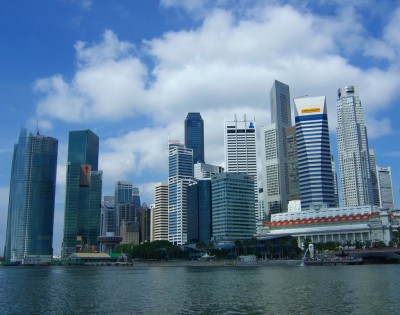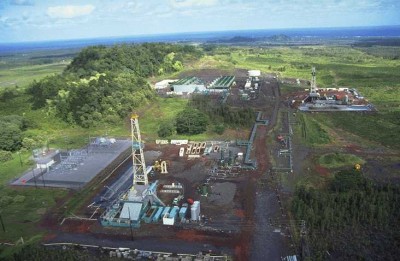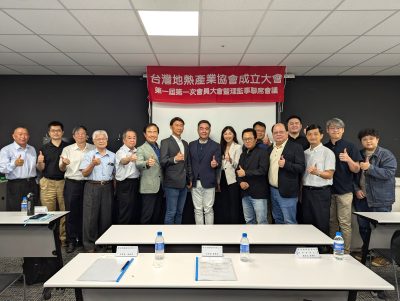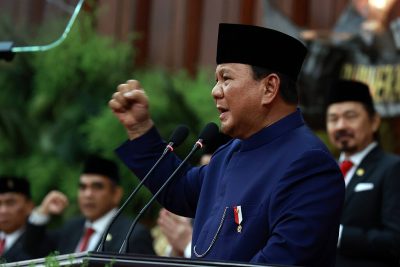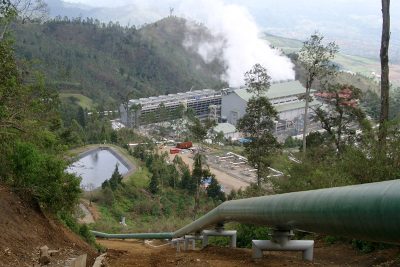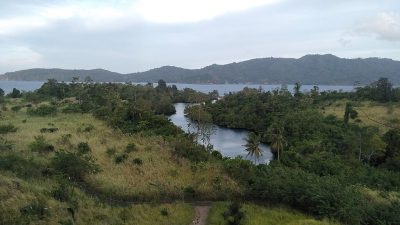Indonesia still trying to find balance between geothermal tariffs and investor expectations
The Indonesian Ministry of Energy and Mineral Resources continues trying to find a balance between incentives and compensations, while ensuring lower electricity prices and help spur geothermal investment.
In order to improve the geothermal investment climate in Indonesia, the Ministry of Energy and Mineral Resources (ESDM) is developing an incentive scheme in the form of reimbursement costs for exploration activities and other incentives for developing geothermal infrastructure.
Director General of New and Renewable Energy and Energy Conservation of the Ministry of Energy and Mineral Resources, F.X. Sujiastoto explained, the compensation was made so that the selling price of electricity from geothermal power plants (PLTP) was more affordable. Because, all this time that has become one of the obstacles in the development of the geothermal sector is the selling price of electricity that has not been economical.
“The government provides incentives and compensation so that the price of EBT in the community is affordable, but the economics for developers are still achieved. For example in geothermal, to reduce the risk there are incentives and compensation so that prices at PLN are better. The exploration costs and tax holiday will be given, “explained Sutijiastoto when delivering the progress of the EBTKE subsector’s performance to the media in late July 2020.
According to Sutijastoto, if this regulation is implemented properly, the cost of producing electricity can be reduced and increase the enthusiasm of the investment climate. This, will also affect people’s purchasing power. “If implemented this can be affordable for the community and the risk (investment) of geothermal can be cheap and (developers) can access cheaper funds,” he said.
The Ministry of Energy and Mineral Resources projects that if regulations related to incentives and compensation are implemented, there will be a reduction in geothermal prices around USD2.5 to USD4 cents per kilo Watt hour (kWh).
This rule will be included in the draft Presidential Regulation (Perpres) related to the purchase of electricity for New and Renewable Energy (EBT) by PT Perusahaan Listrik Negara (PLN). Later, the government will return the operating costs incurred by the developer in the exploration of geothermal working areas (WK).
To monitor the process of returning geothermal exploration compensation costs to run smoothly, the Directorate General of EBTKE will form a monitoring and processing team together with the Geological Agency and professional elements such as universities.
“To oversee that, we have a technical team from the Directorate General of EBTKE, the Directorate of Geothermal in collaboration with the Geology Agency. Later we will also be backed up by professional experts from local tertiary institutions, such as UI, ITB.” explained Sutijastoto.
Sutijastoto said, the proposed incentives for developing EBT electricity in general, as well as exploration compensation for geothermal electricity had been given the green light from the Fiscal Policy Agency (BKF) of the Ministry of Finance. “Thank God we have communication with the Ministry of Finance, BKF has given a green line for these incentives,” he explained.
The fund for the exploration cost incentive will come from the State Revenue and Expenditure Budget (APBN). “Thank God for 2021 it has entered the indicative ceiling and is ready to be implemented,” said Sutijastoto.
At present, the Government indeed continues to accelerate the use of EBT by preparing various supporting regulations. This follows the electrification potential of EBT which is still large at around 442 Gigawatts (GW) and has only been implemented at 2.4% or 10.4 GW.
Specifically for geothermal energy, its potential in Indonesia reaches 23.9 Giga Watt (GW) and electricity production has been realized until May 2020 of 8.17% or 6,494 GWh. (NA)
Source: EBTKE/ ESDM
